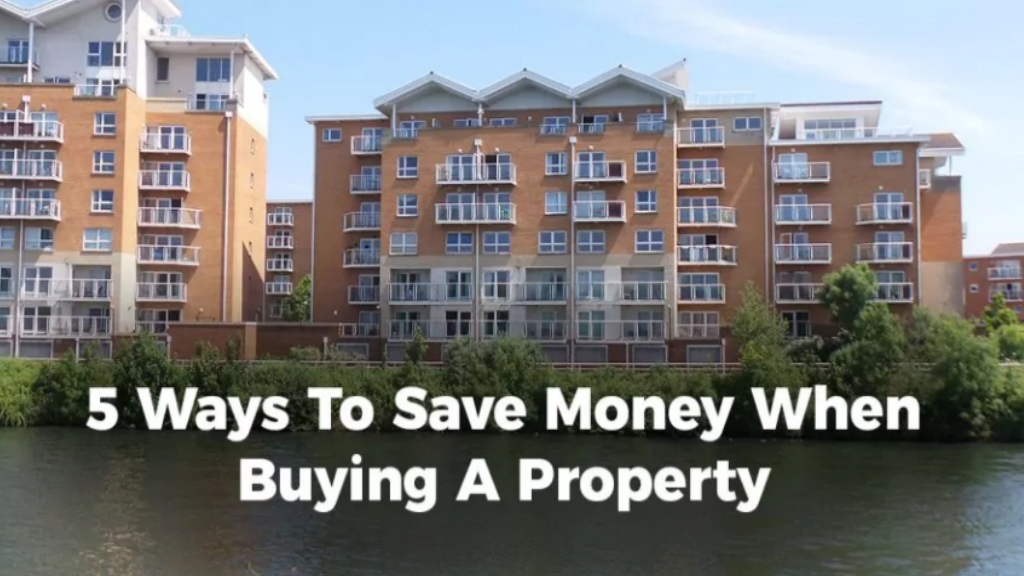Buying a house, whether for yourself or as an investment, can be an expensive and stressful process full of a number of different loopholes and hurdles. However, it doesn’t always have to be this way and often there are little hacks you can introduce to the process to help save you money when buying a property. Here are five ways that we want to share with you to help you get the most out of your bank balance…
1. Stamp duty
Stamp duty can be an expensive fee on a property, and in some cases can equal as much as your initial deposit. You have no choice but to pay this tax if you purchase either property or land over a set price throughout England, Wales and Northern Ireland. Currently, the threshold is at £125,000 for residential properties or at £150,000 for non-residential land and properties.
You will have to pay the tax when you buy either a freehold property or an existing leasehold. How much you pay will vary depending on the use of the land and how much it costs you. It varies as a percentage. One key way of saving money during the buying process is to try and get it for as little as possible to reduce how much stamp duty you will need to pay.
Unlike your deposit, you will never get the stamp duty back. It isn’t going into your house as equity, but instead as a payment to the government. If you are looking at new properties, some developers will pay the stamp duty for you as an incentive for you to work with them, and this can be a big money saver.
2. Experts
Working with experts can ensure you get the best deal for your money. They will understand the process in intricate detail and understand what key information you need to get the greatest return on your investment. Often they will be able to help you get a quick turnaround on your property purchase or sale, which can mean you aren’t wasting money hanging around and getting trapped in expensive schemes. If you are looking to work with an estate agent, it is always worth knowing that they will take a percentage of the sales price. There are a number of ways that you can sell your house that won’t involve incurring these fees.
3. Valuations
On occasion you can find yourself spending some of your hard-earned cash on a valuation. The fee for this will be set by lenders, who will charge for a valuation in order to ensure the property exists. This can sometimes cost around £300 and will vary depending on the lender and the purchase price. Try to find agencies and organisations who offer a free valuation on any property, meaning you are able to save your cash to spend where it’s most important – on getting to enjoy your new home or investment.
4. Find lawyers who will work with you
Do lawyers ever work for free? It sounds almost too good to be true. Well, if you have the right connections, then yes they do. Typically you could expect to pay between £500 and £800 on each purchase price, and that’s when the sale is straightforward.
However, some agencies and organisations will have established relationships with professional solicitors, will go above and beyond for clients because they want to maintain this connection. The best part of all of this? Quite often, as an added perk for working with the organisation, it is completely FREE of charge. If they can take care of the paperwork, legalities and all fees, then even better. You won’t need to shell out for lots of unforeseen costs that you hadn’t planned for.
5. Use free comparison tools
Do your research! If you’re not sure what a house is worth or want to check any valuation, you can ensure you are getting the most for your money by using comparison tools online. Here you will be able to see what other similar properties in your area have sold for, and this will help you to ensure you are getting the best deal for your house.
You can also find out what the sales prices have been like in previous years, what key information affects the area (such as flooding, crime risks, etc) and this can prove hugely valuable. Not only does it mean you don’t spend money on a property that you later regret buying, but it also means you aren’t having to pay expensive companies to tell you what you can already find online.




